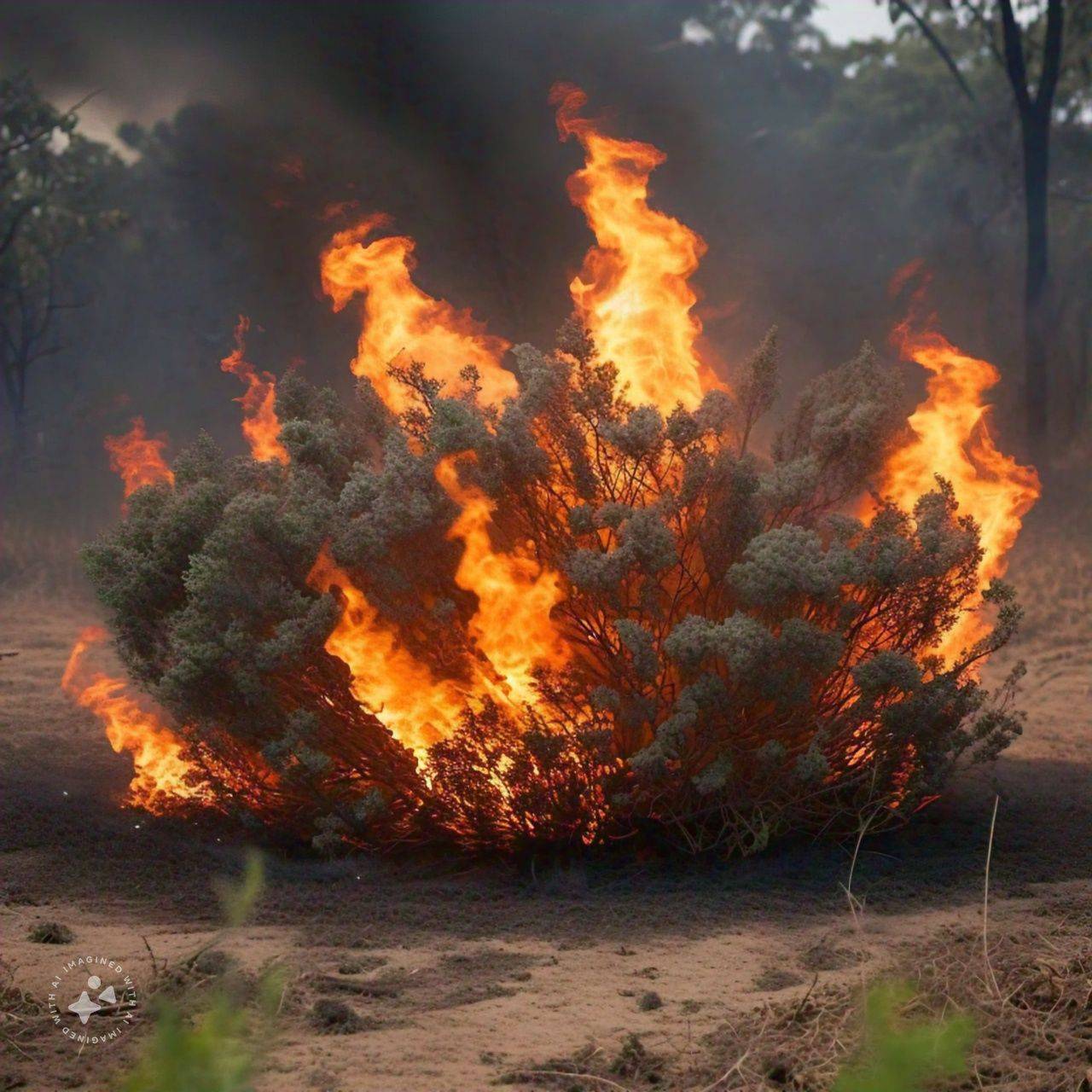Title: The Devastating Effects of Bush Burning: Causes, Consequences, and Solutions
Introduction
Bush burning, also known as wildfires or forest fires, is a widespread and destructive phenomenon that affects ecosystems, wildlife, and human communities worldwide. The increasing frequency and severity of bush burning events have raised concerns about their impact on the environment, human health, and the economy. This article provides an in-depth exploration of the causes and consequences of bush burning, as well as potential solutions to mitigate its effects.
Causes of Bush Burning
1. Climate Change: Rising temperatures and changing precipitation patterns create conditions ripe for fires.
2. Human Activity: Arson, accidental ignition from cigarettes or machinery, and uncontrolled agricultural burning.
3. Lightning: Natural ignition source, especially in areas with frequent thunderstorms.
4. Fuel Loads: Accumulation of dead vegetation and debris.
5. Weather Conditions: High winds, drought, and heatwaves.
Consequences of Bush Burning
1. Environmental Damage: Loss of biodiversity, soil erosion, and air pollution.
2. Wildlife Displacement: Destruction of habitats and disruption of ecosystems.
3. Human Impact: Property damage, health risks, and economic losses.
4. Climate Feedback Loop: Released carbon dioxide contributes to climate change.
5. Water Cycle Disruption: Changes in river flow and water quality.
Solutions to Bush Burning
1. Prevention: Education, surveillance, and enforcement of burning bans.
2. Prescribed Burning: Controlled fires to reduce fuel loads and promote regeneration.
3. Firefighting: Rapid response, effective strategies, and adequate resources.
4. Land Management: Sustainable practices, reforestation, and habitat restoration.
5. Climate Action: Addressing the root cause of increased bush burning frequency and severity.
Case Studies
1. Australian Bushfires (2019-2020): Devastating impact on wildlife and ecosystems.
2. California Wildfires (2018): Record-breaking fires with significant human impact.
3. Amazon Rainforest Fires (2019): Concerns about biodiversity loss and climate implications.
Conclusion
Bush burning is a complex issue requiring a multifaceted approach. By understanding its causes and consequences, we can work towards preventing and mitigating its impact. It's essential to adopt sustainable practices, support firefighting efforts, and address climate change to protect our environment and communities.
Future Directions
1. Research and Development: Improving fire detection, prediction, and suppression technologies.
2. International Cooperation: Sharing knowledge and resources to address global bush burning challenges.
3. Community Engagement: Educating and involving local communities in bush burning prevention and mitigation efforts.
By working together, we can reduce the devastating effects of bush burning and promote a more sustainable and resilient future.




No comments yet
Be the first to share your thoughts!